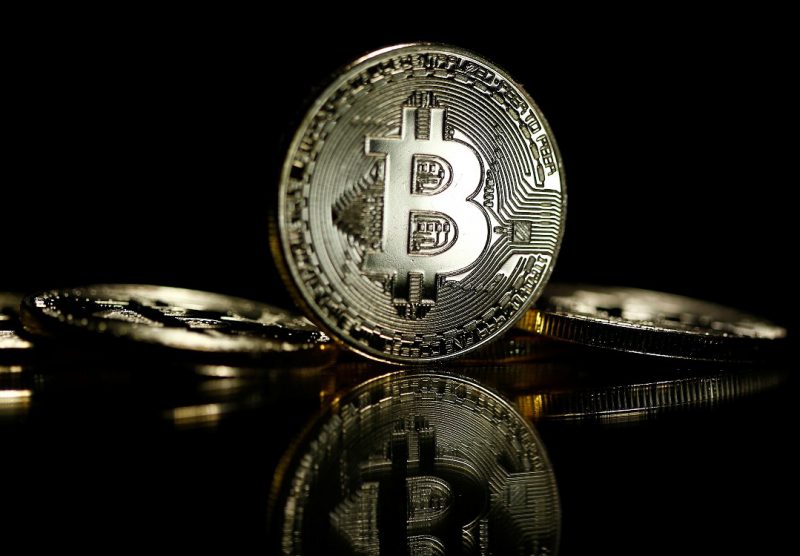From long-term holders to traders, most have suffered massive losses after the recent crypto corrections. The situation was no different for those investing in the world’s two largest digital assets – Bitcoin and Ethereum.
According to Glassnode, Ethereum’s percent of addresses in profit declined to a 21-month low of 66.7%. Similarly, the reading showed that 33% of profits were making a loss based on Ethereum’s price on 10 May. The last time these many addresses were at a loss was when ETH was trading around the $400 price range in October 2020.
At press time, Ethereum was trading around the $2,400-mark after experiencing a relief rally yesterday. Prior to that, the world’s largest altcoin notched up five straight losses in a row, including its second-largest daily loss this year on 9 May. With selling pressure still visible on exchanges, in house-analysis suggests that a drop to $1,700 could be possible if the bearish structure continues.
More Bitcoin addresses in loss than Ethereum
On the other end of the spectrum, Bitcoin addresses were not faring any better. The chart showed that Bitcoin’s percent addresses in profit also snapped an unwanted milestone, hitting a 2-year low at 61.3%. Interestingly, more Bitcoin addresses were at a loss than Ethereum.
At press time, Bitcoin regained value above the $31K level after logging a 26% decline between 4-8 May.
What does this mean?
Simply put, such extreme readings go to show how battered the crypto market has been of late. Multiple flash crashes have taken place each month this year and investors have had to take severe losses on their crypto holdings.
However, there could be a silver lining. With these many addresses in loss, it’s possible that selling pressure for Bitcoin and Ethereum remains minimal in the days to come. The underlying assumption was that those addresses would hold onto their tokens instead of selling and taking losses on their investments.





